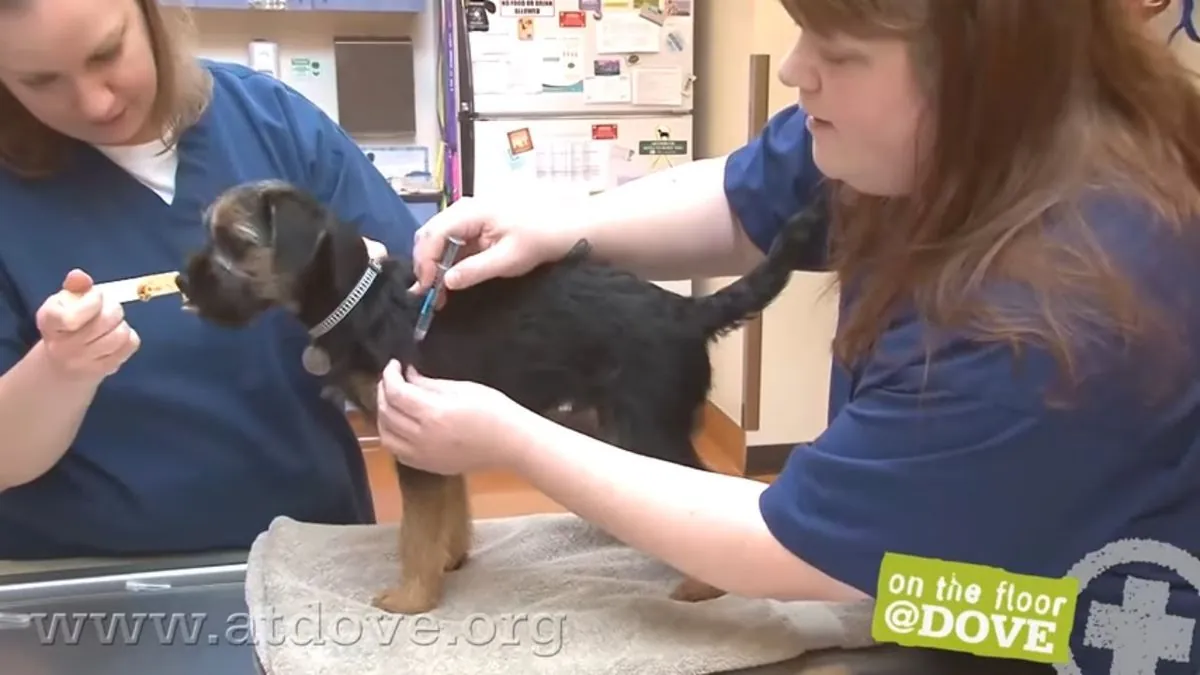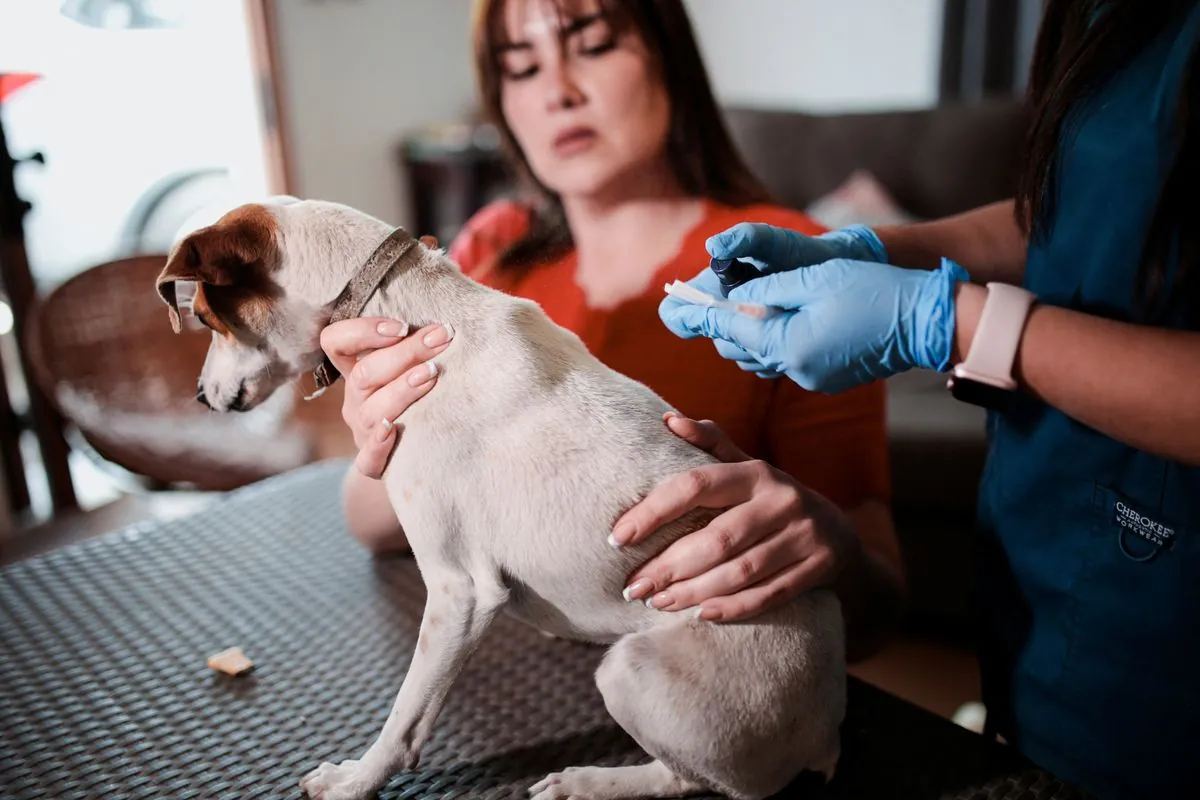New Non-Surgical Neutering Method for Dogs Debuts in Chile
A groundbreaking immunocastration vaccine offers a non-invasive alternative to surgical neutering for dogs. Developed in Chile, this method promises easier, reversible sterilization without anesthesia or recovery time.

In a significant advancement for veterinary medicine, a novel non-surgical neutering method for dogs has been introduced in Santiago, Chile. This innovative approach, utilizing an immunocastration vaccine called Egalitte, offers a less invasive alternative to traditional surgical procedures.
Leonardo Saenz, a veterinarian and professor at the University of Chile, spearheaded the development of this groundbreaking vaccine. The method works by inhibiting the hormone responsible for reproduction, effectively placing the animal in a state of temporary castration. This approach aligns with the growing trend in veterinary medicine to explore less invasive procedures, addressing animal welfare concerns and potentially reducing complications associated with surgery.
The procedure's simplicity was demonstrated on Findley, a small Chilean terrier, who received the treatment in the comfort of his home. The process involved a straightforward injection, administered while the dog was awake and held by his owner. Notably, Findley required no sedation and showed no signs of distress post-procedure, quickly returning to his normal activities.

The immunocastration vaccine offers several advantages over traditional surgical neutering:
- Non-invasive procedure
- No anesthesia required
- Minimal recovery time
- Potential for reversibility
- Easier administration for large-scale population control
These benefits make the vaccine an attractive option for pet owners and could prove instrumental in addressing Chile's urban stray dog population issues.
Tamara Zamorano, Findley's owner, chose this method due to its simplicity and reversibility. She expressed relief at avoiding the risks associated with surgical castration, stating, "With the other treatment, castration, we were a little afraid. Aside from being simple, it's reversible, so if we want to breed him, when the time is right, we can."
The vaccine, priced at approximately 50,000 Chilean Pesos (equivalent to $54 USD), requires a veterinary prescription and evaluation to ensure the dog's suitability for the treatment. This regulatory approach aligns with standard practices in veterinary medicine, ensuring proper use and minimizing potential risks.
Saenz highlighted the vaccine's potential for wider application in animal population control: "An injection is a lot easier and you can vaccinate a larger number of animals if you need to do reproduction control." This aspect could prove crucial in managing stray animal populations more efficiently and humanely.
As veterinary medicine continues to evolve, with roots tracing back thousands of years and formal education beginning in the 18th century, innovations like the Egalitte vaccine represent significant steps forward. By offering a balance between effectiveness, simplicity, and animal welfare, this new method may well reshape approaches to pet sterilization and population management in the years to come.


































